After receiving his counterpart from the African country at his office, Hungarian Minister of Foreign Affairs and Trade Peter Szijjarto noted that the last time a foreign minister from Mali paid a visit in Hungary was 47 years ago. "I think that today's visit, after 47 years, is more relevant than ever, as serious security challenges are making our lives difficult both in the Sahel region and in Central Europe: armed conflicts, wars, and migratory pressure.
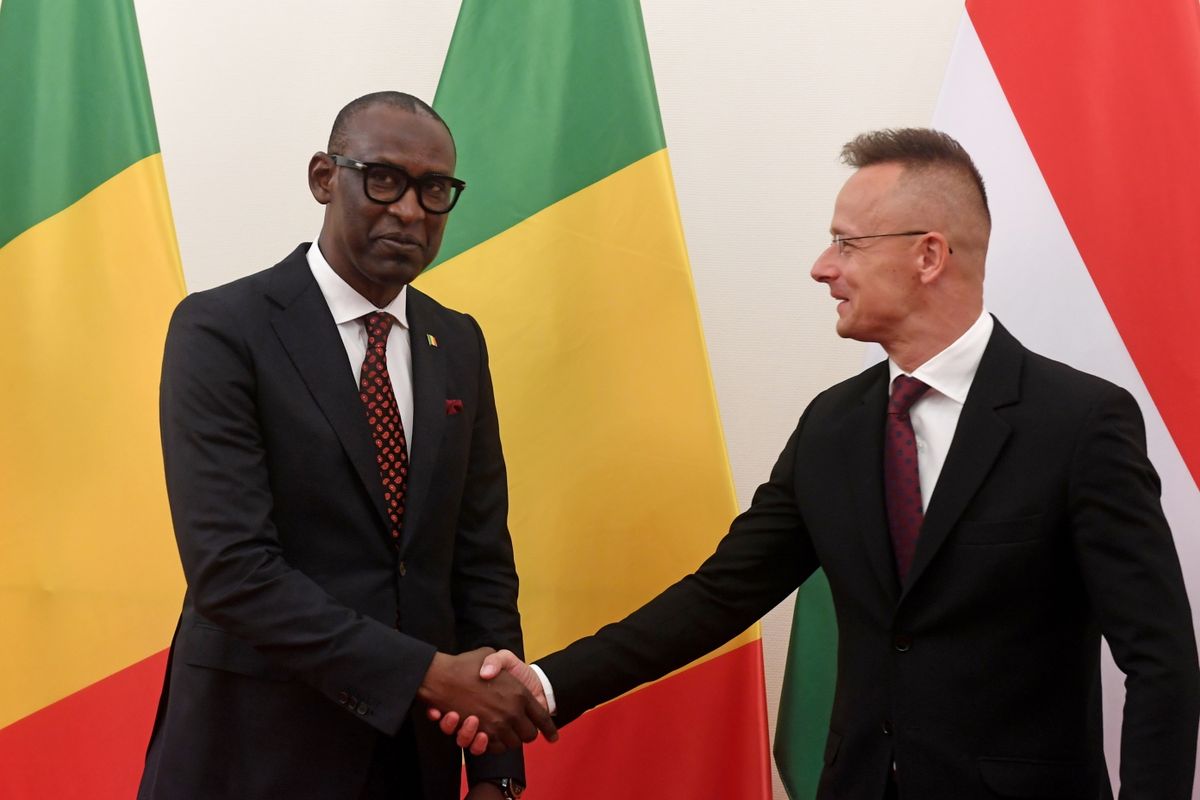
The Hungarian foreign minister highlighted that Hungary’s upcoming European Union presidency will work to make the European continent a secure place again, where there is no war, a continent where migration can be stemmed.
In Sunday's election, voters clearly supported the government in its policies, he said, adding that the over 2 million votes cast for the ruling Fidesz on Sunday were the highest number a party has ever secured in Hungary in a European parliamentary election.
Garnering 44.6 percent of the votes is worth a European champion title in countries with more than two parties running in the election,
he pointed out.
The relationship with Africa is particularly important and the dependence is mutual, because the security of the Sahel also depends to a large extent on what happens in Europe, given that the war in Ukraine poses a number of very serious challenges not only for Hungary, not only for Central Europe, not only for Europe, but also for the Sahel region and Africa, Peter Szijjarto said.
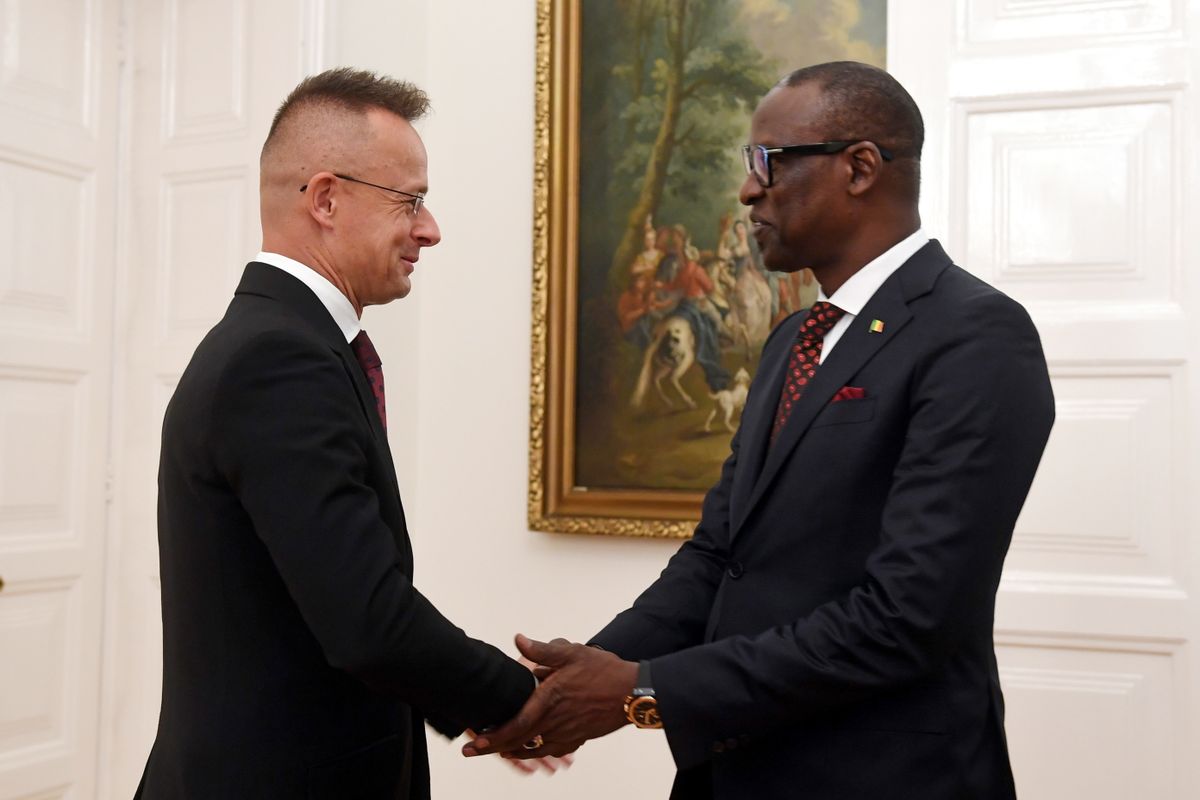
High energy prices, inflation, and food supply challenges are daily problems in the Sahel region, he said, adding that the threat of terrorism is also on the rise. Terrorism could only be combated effectively through international cooperation, he stressed.
Considering that terrorism and illegal migration form a vicious circle, the worsening of terrorism always leads to an increase in migration flows,
he said, emphasizing that the Hungarian government will provide all support to countries in the Sahel region to ensure stability and peace, helping local governments successfully counter the treat of terrorism.
He said a successful strategy requires that mutual respect should be restored in international politics, and it needs dialogue rather than diktats, declarations or lecturing.
Mutual respect is the basis of Hungary’s strategy, Peter Szjjjarto said, which is why he consulted with Abdoulaye Diop on how Hungary, during its EU presidency, could contribute to a truly stable Sahel, to reducing migratory pressure from the Sahel toward Europe, and to fighting terrorism jointly.
Naturally, Mali and Hungary have a bilateral cooperation based on mutual respect, which makes it possible for us to approach each other in this way,
he said, adding that under the Hungary Helps scheme, the government has supported nine humanitarian programs worth some forty million forints in recent years, which contributed to making people's lives in Mali better and more secure.
Peter Szijjarto stressed that the government intends to continue this humanitarian activity in the whole region, because their approach is clear: the trouble should not be brought here, but help should be taken where the trouble is, and Hungary's policy will remain built on this principle in the coming period.
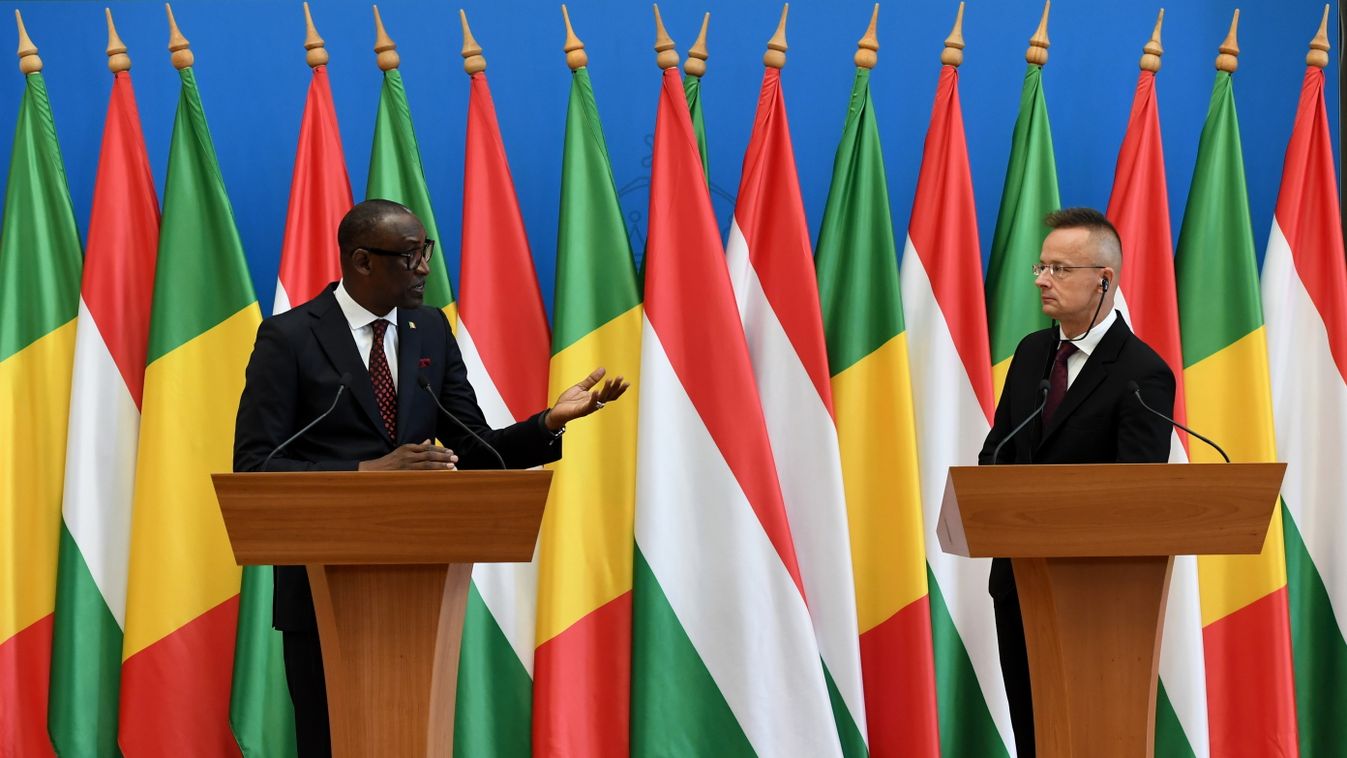
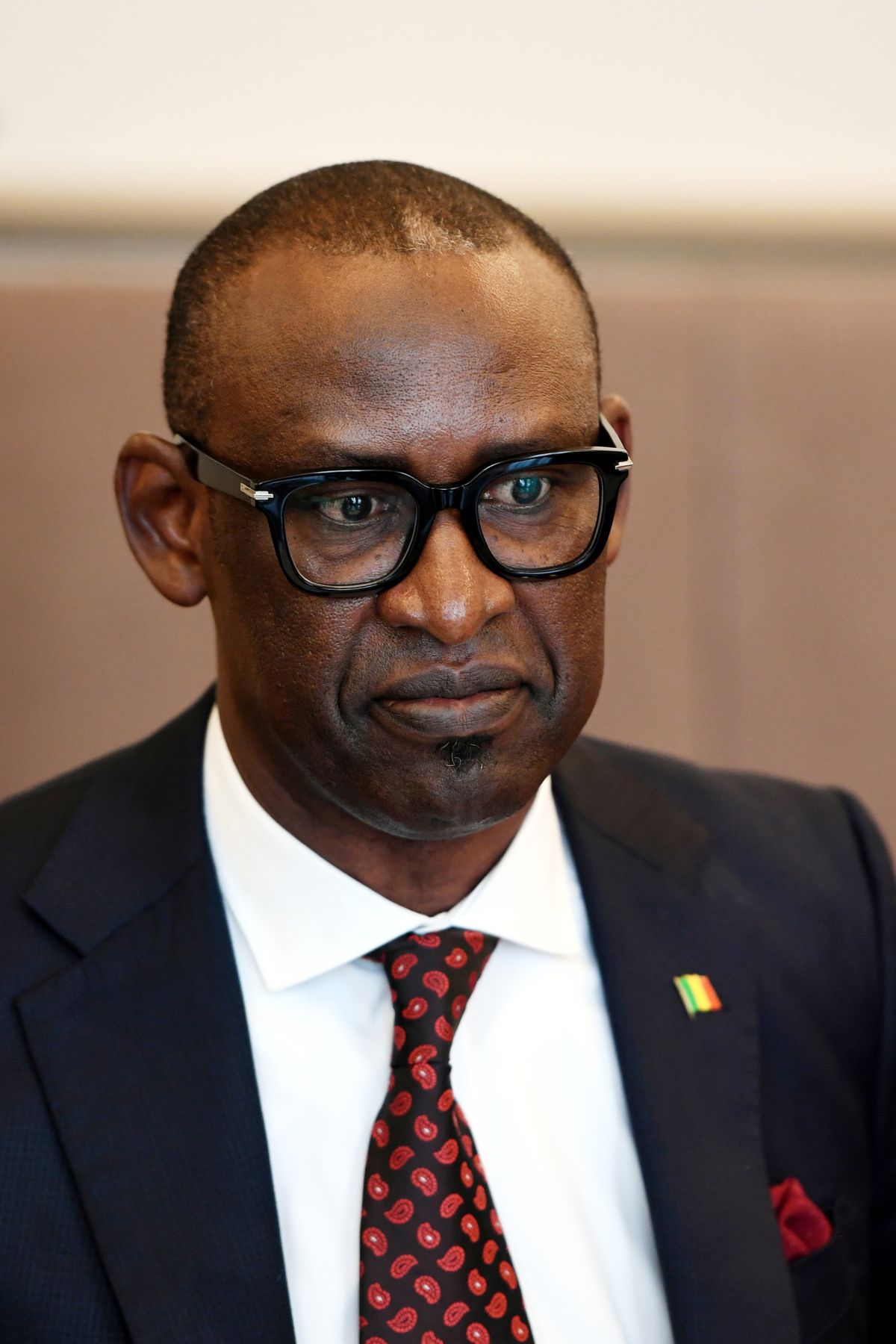
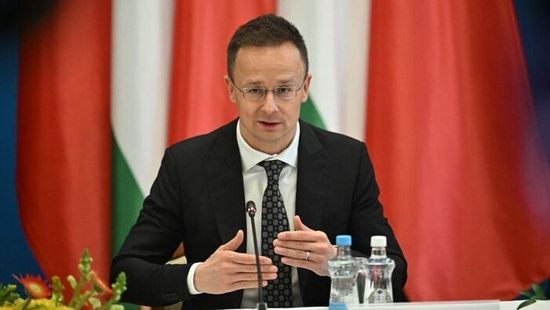
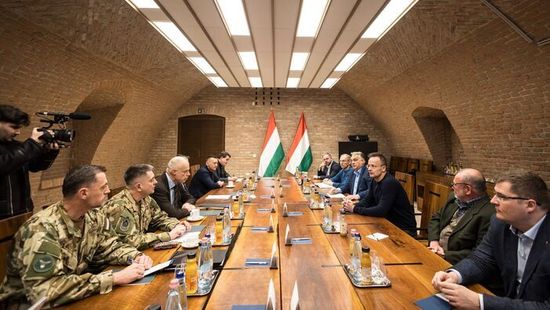




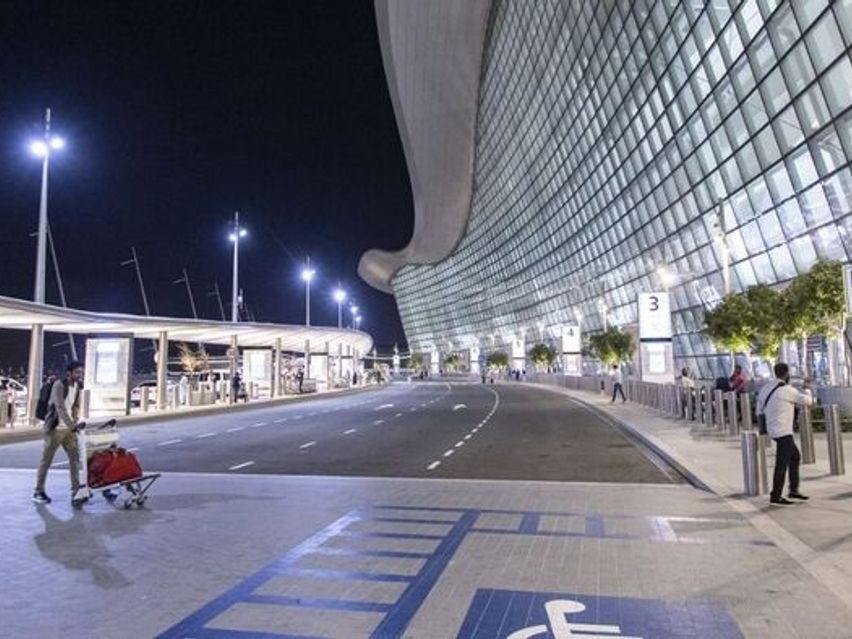

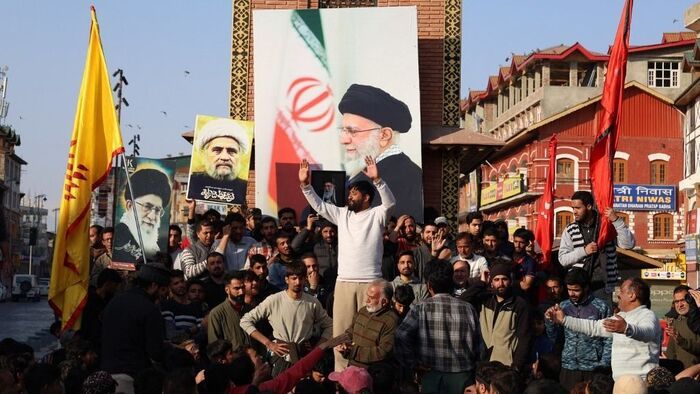

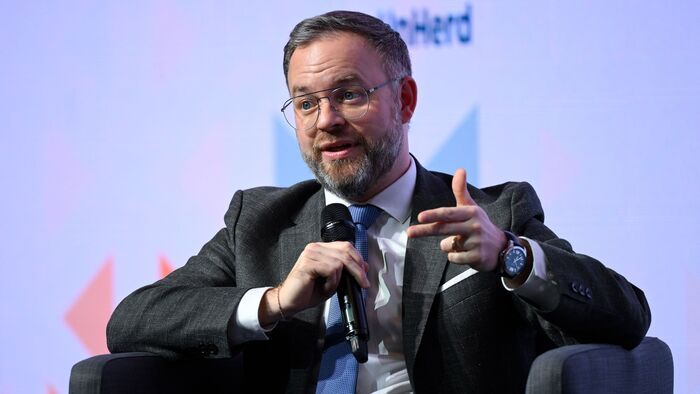
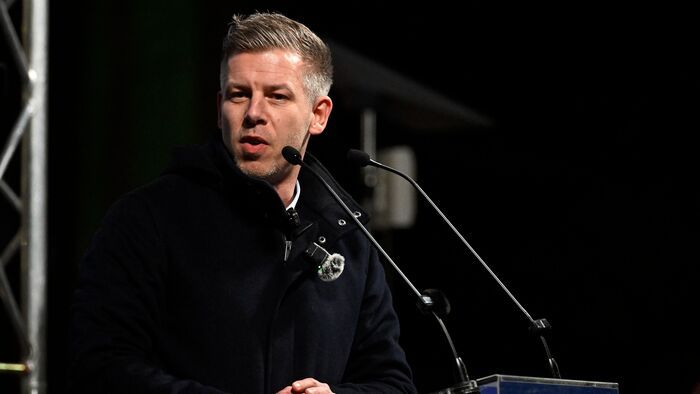
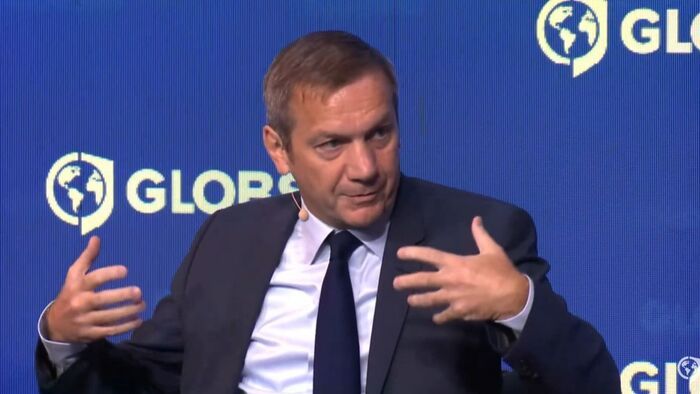
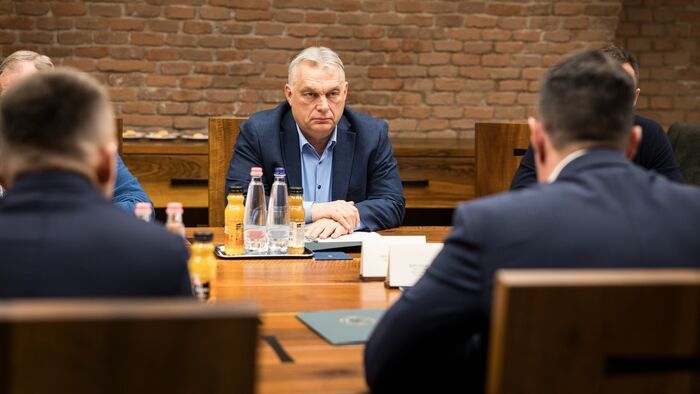


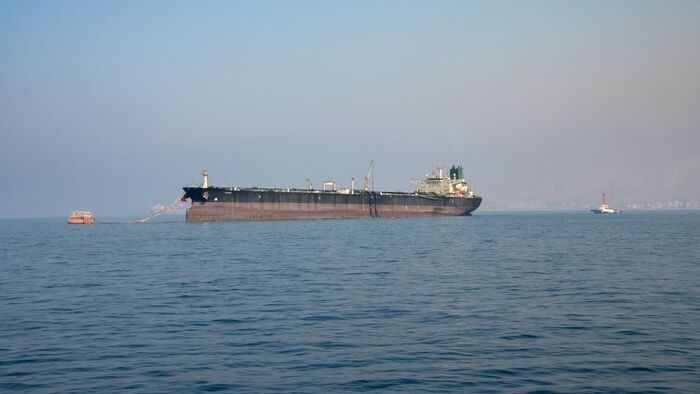

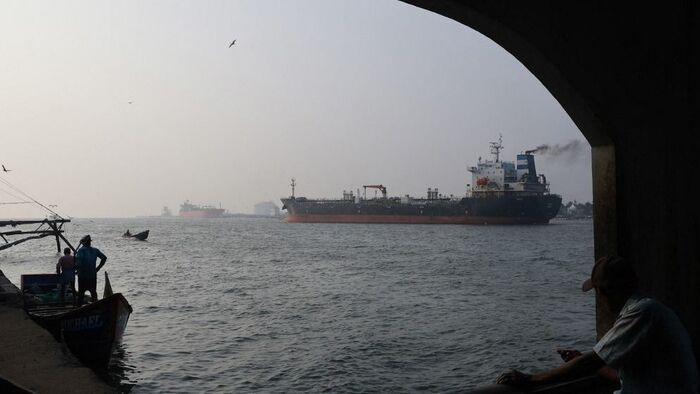



Szóljon hozzá!
Jelenleg csak a hozzászólások egy kis részét látja. Hozzászóláshoz és a további kommentek megtekintéséhez lépjen be, vagy regisztráljon!